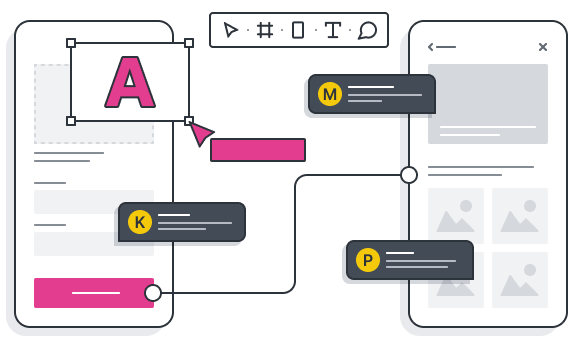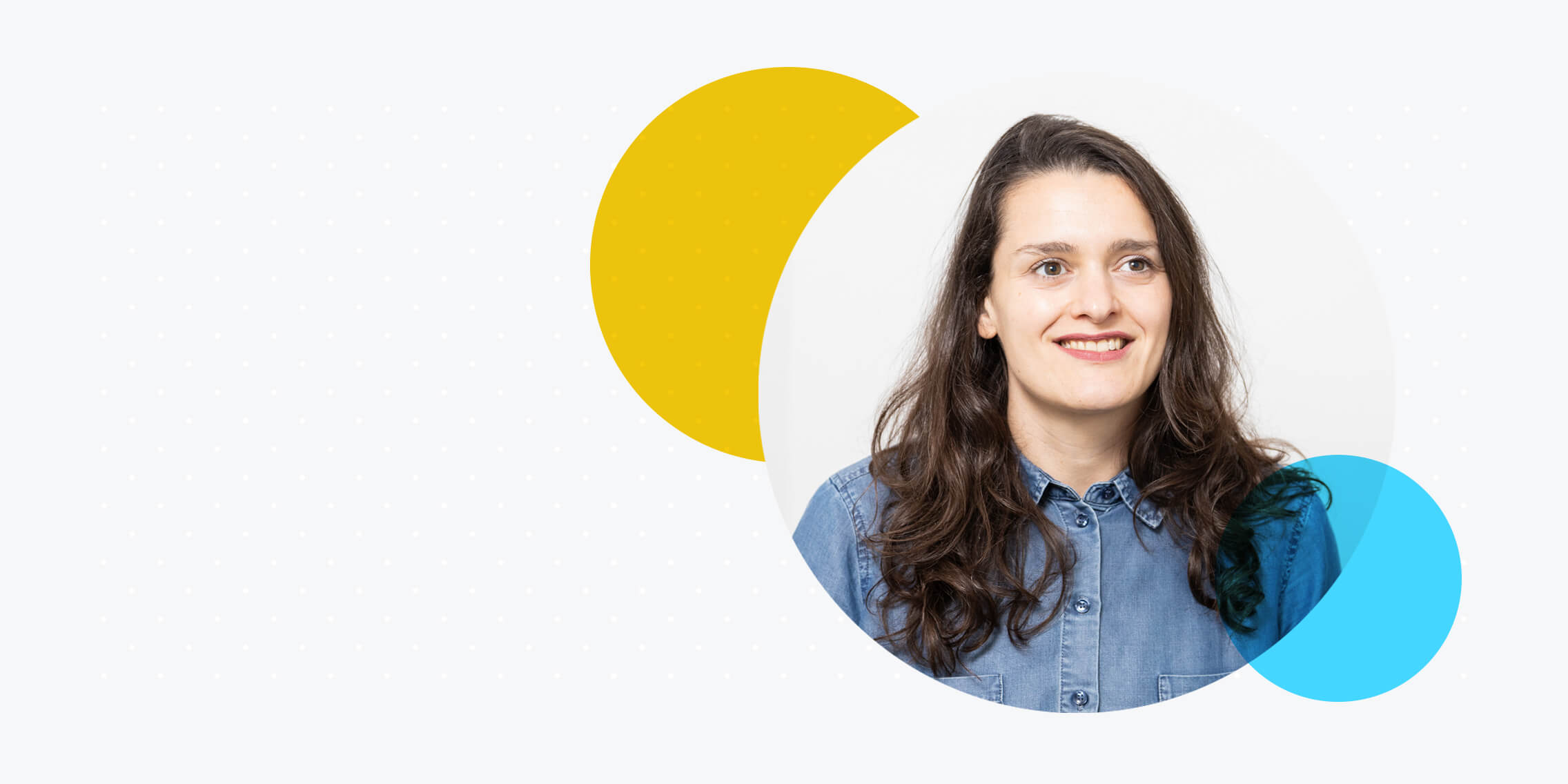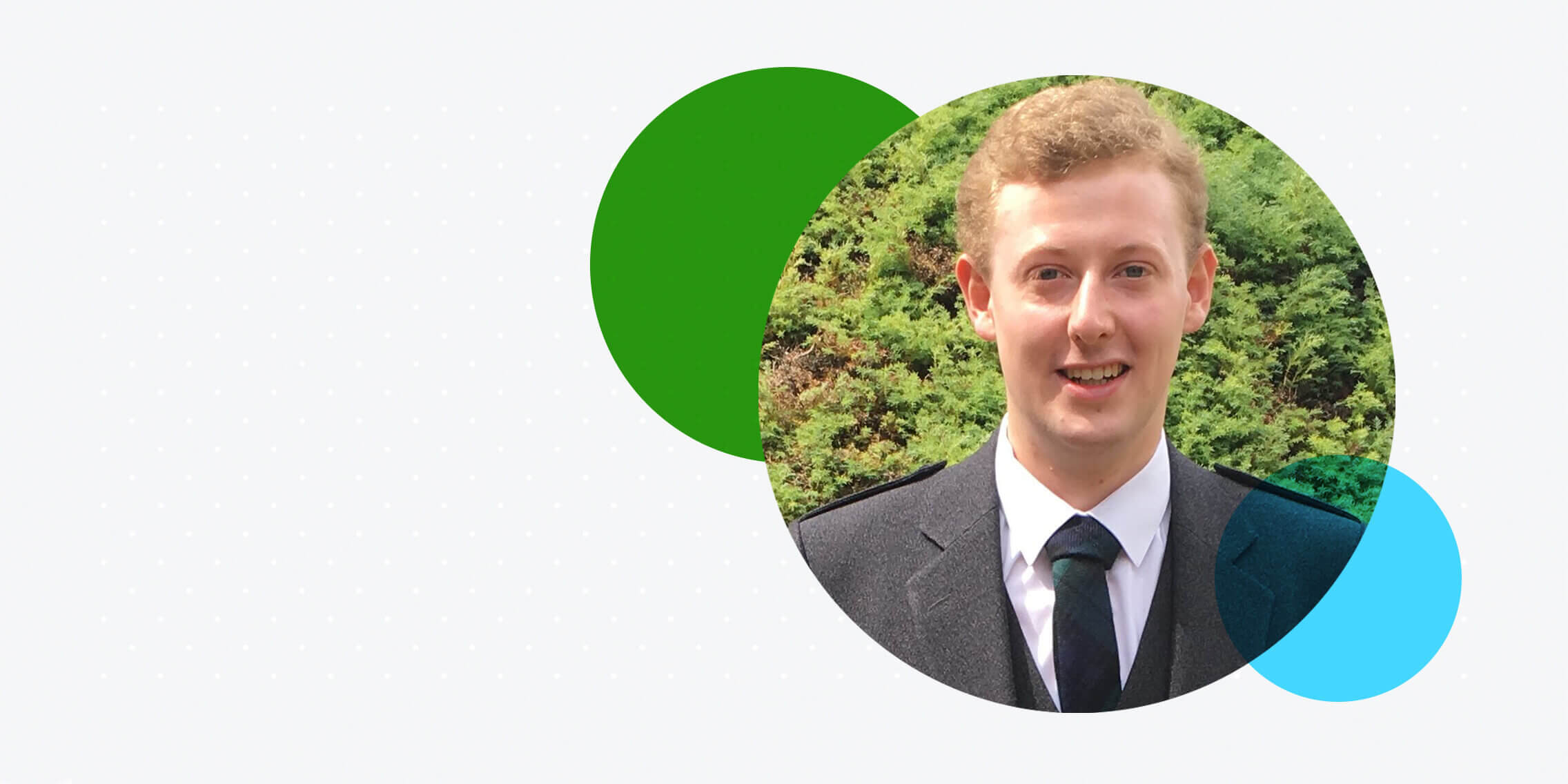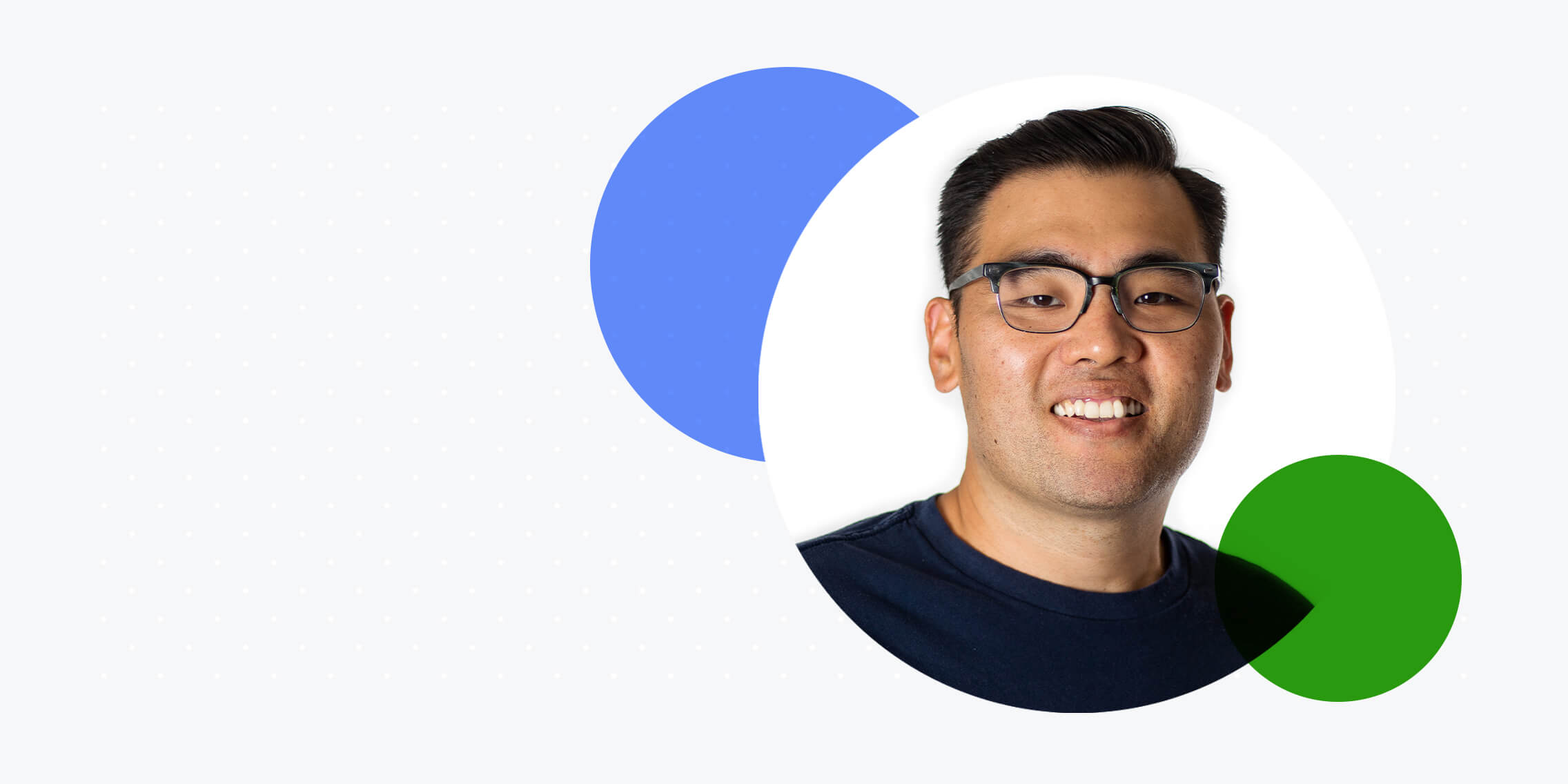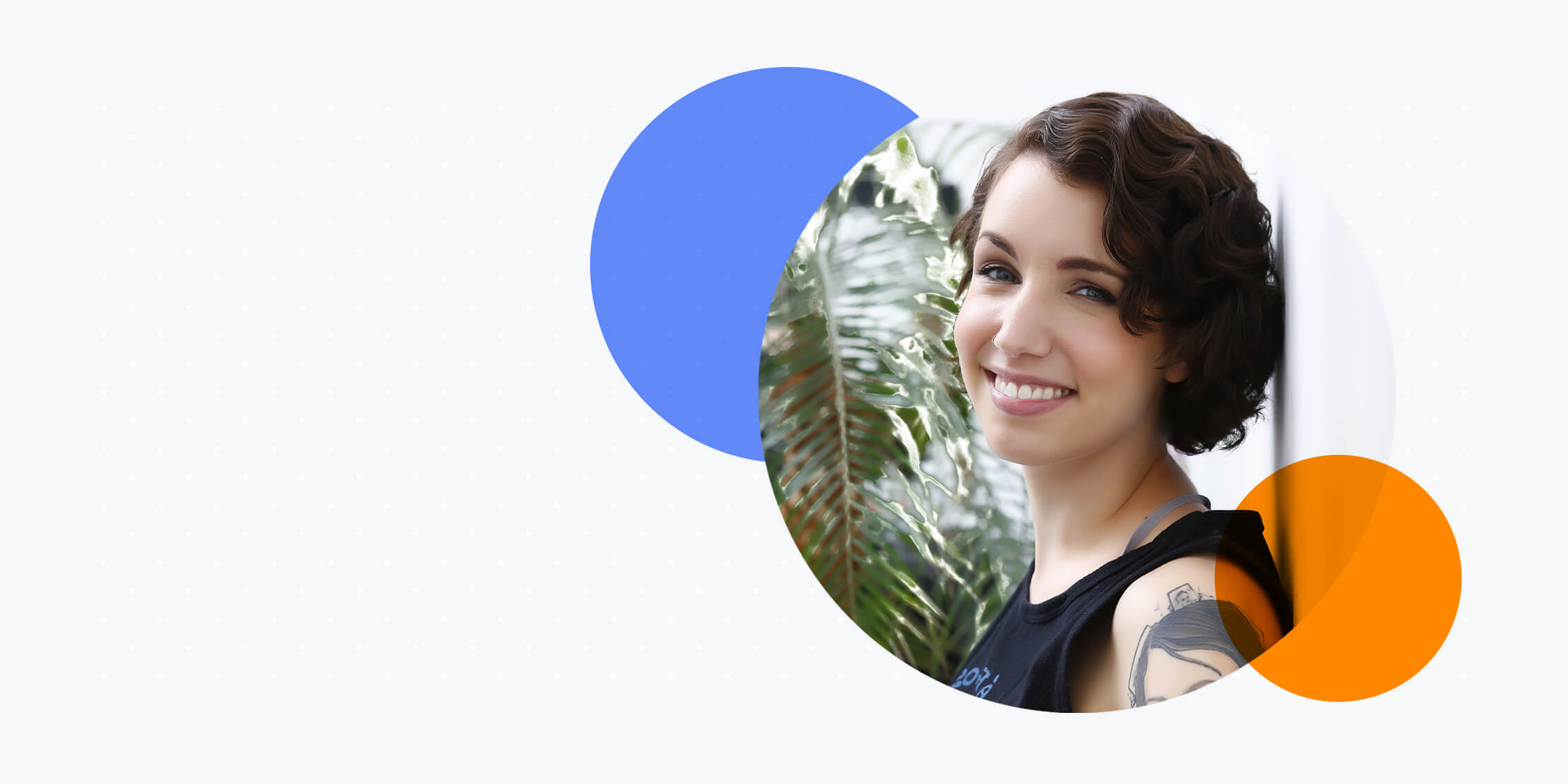She spoke to us about moving away from a senior role in marketing and brand management to pursue a career as a UX Consultant she could be truly passionate about.
Why did you decide to switch careers?
I got into marketing because it was a creative industry; one where you’re using strategy and insight to define what you’re doing. After a while, my role became more about return on investment on Google or Facebook than anything strategic or creative.
I was managing a team but I didn’t really feel like I had an actual trade or skill. I felt like I wasn’t learning anything.
What brought UX onto your radar?
When I worked as a brand manager, I was working closely with the UX team and I could see the impact they were making. I did more research and discovered that UX is actually quite similar to architecture and design; which is an area that I’ve always been interested in.
Why did you choose to study with the UX Design Institute?
I looked into MOOCs and other online courses but they were a similar price to the diploma without any of the support of the tutors. It was very much self-learning.
I looked at boot camps but they were very expensive and much shorter. I didn’t see how I was going to come away with anything really practical after just a few days. I wanted something really solid that would actually help me change career. That’s why I chose the diploma.
How was the course content?
Really well structured. The videos were very clear and the note packs that were provided were really helpful too. Particularly for when I was revising, those notes were great. The content made me confident talking about the UX design process, from start to finish.
How did the course fit around your other commitments?
I started the course and a new work contract pretty much on the same day. I didn’t follow the pace of the six month structure in the end but I was able to fit it in when I had more time. I wanted that flexibility; to be able to take more time where I needed it. I was quite conscious that I wanted to progress with the course without feeling like it was taking over my life.
How did you find the level of support while you were studying?
The level of support while I was studying was really good. The Slack channel meant you could ask quick questions and you would always get an answer whether it was from a course manager, a mentor or even another student.
Read course advice from our alumni
One example was when I was writing a UX proposal for a supplier. I reached out to the community and asked for some help. Gareth, one of the mentors, got in touch and gave me some really valuable feedback.
I don’t think you would necessarily have access to that level of expertise if you were studying in university because it’s not quite as industry-driven.
How was the experience of building your portfolio?
I would say it’s quite challenging to build a portfolio. It’s not enough to include everything, you need to explain the process too. You need to discuss the skills used and the reasoning behind decisions. You need to tell a story.
Can you describe your current role and how you got there?
I work at a UX consultancy called User Vision. I finished the course content in May, sat my exam in July and started this role in August. During my studies I was networking and building contacts in the industry. I’d also worked on a few freelance user research projects. Those were really valuable to me in the job search and I wouldn’t have had them without the UX design course.
The hiring process involved two rounds of interviews and three tasks – some were live and given in the interview and some were to prepare in advance.
My qualification was important to my interviewers; they asked about the modules, the practical exercises and the exam. They were impressed with my exam result and my course portfolio.
Do you think that the course content is aligned with the day-to-day of working in the industry?
Yeah, absolutely. You need to adapt certain skills to fit a project or company style but nothing completely new or different to what I learned on the course.
As part of my role, we work with big clients like Emirates and Salesforce. A lot of the work that I’ve done so far has been usability testing projects, working in multiple markets including the US, UK, Australia and Germany. We’ve got a really good team.
The types of projects I work on are very research-focused. They go through the entire UX process from interviews and usability testing, to designing, prototyping and implementing new platforms. I really have to use the whole range of skills that I learnt on the course.
Were there any transferable skills from marketing to UX?
Having worked in eCommerce businesses a lot, I had an understanding of the impact and influence of digital campaigns. I understood user flow on a website and things like that.
In terms of the prototyping and the design side of things, not so much. I’ve worked with designers for a number of years, but it’s a very different approach. This course is very much about the structure, the path and how things work.
Do you think marketers will need to develop more UX skills?
I think it depends on the business and the mindset of the marketers within the business because so many places are purely campaign driven.
I’ve sat in meetings with digital marketing managers where they are only focused on why the return on investment is down. They’re looking at the market and not even thinking about what’s happening on the website.
Forward thinking marketers could think more from a UX point of view – that different teams could be collaborating and looking at the journey from start to end.
What for you was the biggest challenge of the course?
I think for me it was getting to grips with the different tools. I was quite apprehensive about it and thought it would be difficult. But it’s really quite intuitive. Once I started one tool and just got into it, it was much easier than I thought it would be.
What was your favourite thing about the course?
Going through that entire UX process, understanding what the challenges are and designing ways to solve them was definitely the best part for me. I could see real value in the process and I was excited about starting a new career as well. Now that I’m in that career I still enjoy that process.
When you realise that you’ve made a more positive experience for people; that you’ve made something that people are happy with, that’s really rewarding.
Who would you recommend the course to?
Anybody who wants to truly understand what user experience is and anyone who wants to have a well-benchmarked process to refer to in their work.
That could be somebody that is already working in UX and has come from a different area of the business, or maybe they’ve been working in UX for a number of years but they don’t know the full process.
Or somebody like myself, who already has some decent business experience but wants to break into UX. It’s definitely a really, really good grounding for those types of people.
What advice would you offer someone considering the diploma course?
If you’re looking to move into UX or get a better sense of the process, I would say don’t hesitate and go for it!
